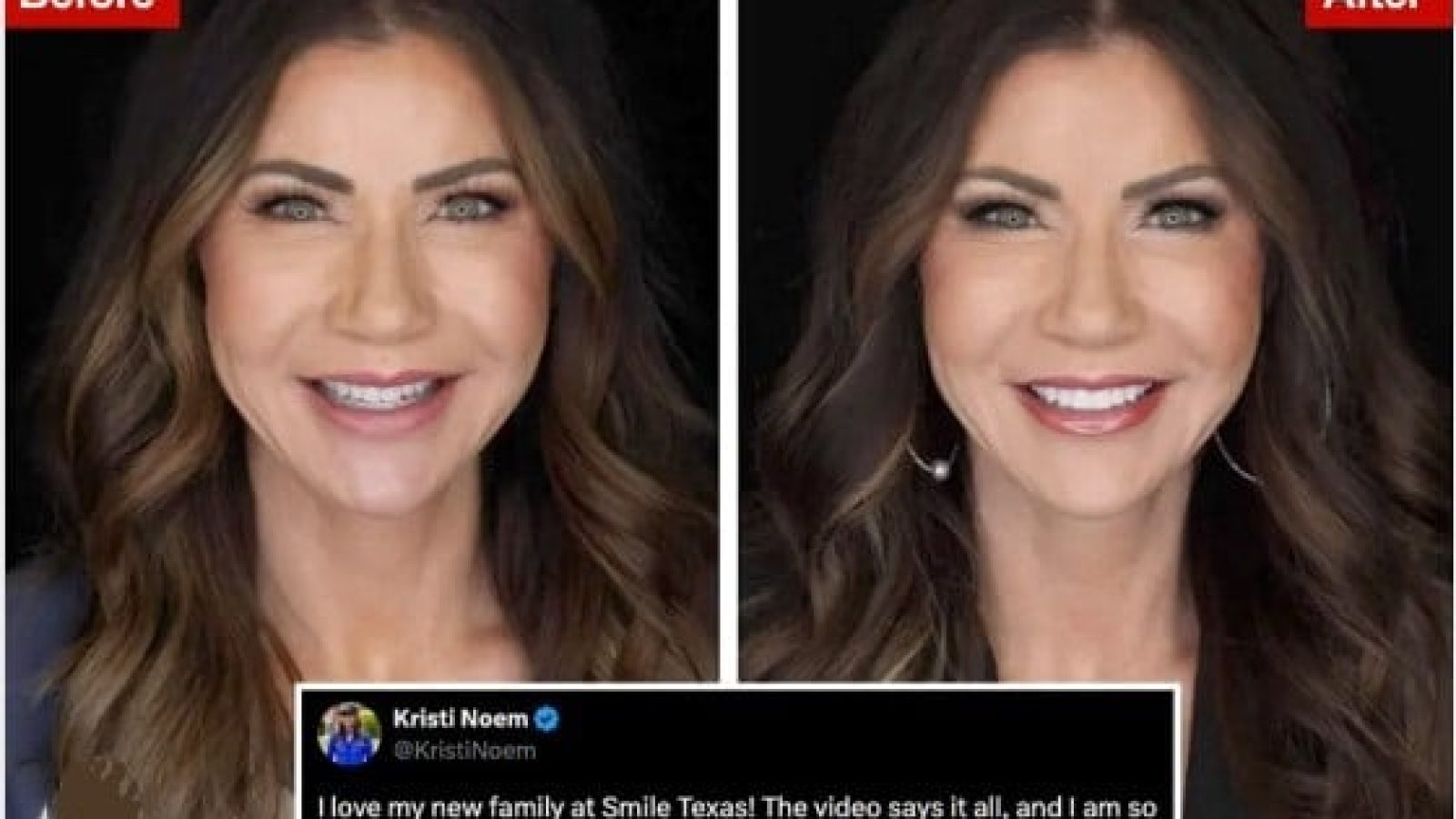STURGIS, SD – An order from President Donald Trump to collect state driver’s license records to is in full swing.
Beginning last August, after the U.S. Supreme Court rejected the Trump’s administration plan to add a citizenship question to the 2020 census, the president ordered citizenship data to be compiled through state driver’s license records – as much as five years worth.
At that time, KBHB contacted each Department of Transportations in Wyoming, North Dakota, Montana, South Dakota and Nebraska asking if they would turn over state driver’s license records to the federal government. Only two responded, Wyoming and North Dakota.
Jamie Olson with the North Dakota DOT said the agency hadn’t received the order and would have to “know the complete context of the order before determining the next step in considering such a request.” Amee Inama, spokesperson for the Wyoming DOT confirmed the department had received the order. “The request has been received and is currently under review. There is no time line as to a decision.”
Fast forward a year and four states have now agreed to turn over state driver’s license information. South Dakota, Iowa, and South Carolina have now joined Nebraska in agreeing to share state driver’s license information with the U.S. Census Bureau to help the Trump administration determine the citizenship status of its residents.
Until recently, Nebraska had been the sole state to sign an agreement with the Census Bureau to share the information. The overwhelming majority of states have refused to share information about driver’s licenses and ID cards. The governors of the four cooperating states are Republicans. Their cooperation was first reported by NPR.
Republican and Democratic states alike have said no, citing privacy concerns and prohibitions in state law. “Philosophically, we believe the information in the database doesn’t belong to us. It belongs to the people who it pertains to,” Maine Secretary of State Matthew Dunlap said. “It’s not ours to give away.”
Utah officials also turned down the request because state law says personal data can be shared only for public safety reasons, said Marissa Cote, a spokeswoman for the Department of Public Safety in the Republican-leaning state.
Opponents of gathering the drivers license data also worry it will be used by states and local governments to redraw legislative boundaries using only U.S. citizens instead of the entire population.
Citizenship information in motor vehicle agencies is typically unreliable given that there is no reason for lawful residents to notify motor vehicle agencies when they become citizens, said Thomas Saenz, president and general counsel of the Mexican American Legal Defense and Educational Fund. MALDEF is one of several civil rights groups challenging Trump’s order in federal court in Maryland. “I don’t know what this will show other than if I were in one of those states, I would be angry that the state is offering up my information without my permission.”
The agreement with South Carolina was signed earlier this month, and the Census Bureau is paying South Carolina $27,000 for the data. South Carolina law allows the sharing of information if it’s for carrying out “legitimate government agency functions,” Julie Roy, a spokeswoman for the South Carolina Department of Motor Vehicles, said in an email.
South Dakota signed an agreement with the Census Bureau in April requiring it to send monthly driver’s license information including names, addresses, birth dates and citizenship status. Since it requires proof of U.S. citizenship or lawful immigration status, South Dakota does not allow people who are in the country illegally to get a driver’s license or ID card. The same applies in Iowa where only citizens or residents in the country legally can get a driver’s license or ID Card.
The South Dakota Department of Public Safety did not return a request for comment. Questions as to why then, the state is providing personal drivers license information to the federal government to determine citizenship when its regulations prohibit those in the country illegally from obtaining a license or ID Card in the state, are being asked.
House Democrats have filed legislation that would nullify Trump’s order on gathering the driver’s license data.
The 2020 census — a once-a-decade head count — helps determine how $1.5 trillion in federal spending is allocated and how many congressional seats each state gets












